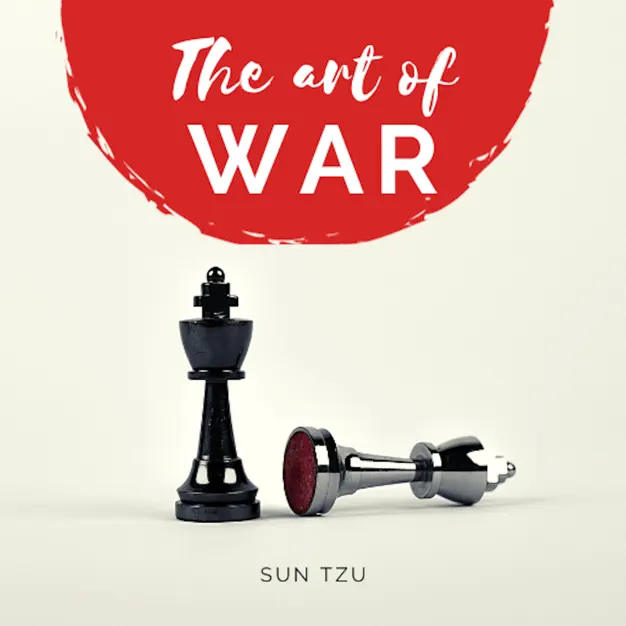Introduction: The Art of Reader Engagement
One of the most crucial aspects of introducing new readers to classic literature is maintaining their engagement throughout the reading experience. The Count of Monte Cristo excels in this regard through its masterful use of suspense and pacing, creating a reading experience that naturally draws readers deeper into the story while developing their appreciation for literary techniques.
What makes this novel particularly effective for first-time readers is its careful balance of immediate hooks and long-term plot development. Through its strategic placement of revelations, mysteries, and character developments, the story creates multiple layers of engagement that keep readers invested while gradually introducing more complex narrative elements.
Listen on Spotify
Experience the masterful suspense and pacing of The Count of Monte Cristo through our professional audiobook narration. The skilled voice acting enhances the story's natural tension and rhythm, making it even easier for first-time readers to stay engaged with this captivating narrative.
Section 1: Immediate Engagement Techniques
Hooking New Readers From the Start
The novel employs several techniques to immediately capture and maintain reader interest:
Opening Hooks
- Initial Mystery Elements
- Mysterious letter delivery
- Unknown conspirators
- Hidden motivations
- Unexplained events
- Character Investment
- Relatable protagonist
- Clear stakes
- Emotional connections
- Personal drama
Section 2: Progressive Plot Development
Building Long-Term Engagement
The novel maintains reader interest through carefully structured plot development:
Story Structure
- Plot Layers
- Multiple storylines
- Interconnected narratives
- Strategic revelations
- Building complexity
- Narrative Progression
- Escalating stakes
- Character evolution
- Mystery deepening
- Tension building
Section 3: Suspense Management
Maintaining Reader Investment
The novel expertly manages suspense to keep readers engaged:
Suspense Elements
- Mystery Development
- Gradual clue revelation
- Strategic information withholding
- Multiple mystery layers
- Interconnected puzzles
- Tension Building
- Escalating conflicts
- Character pressure points
- Time-sensitive elements
- Moral dilemmas
Section 4: Chapter Structure and Pacing
Optimizing Reading Flow
The novel's chapter structure contributes significantly to reader engagement:
Chapter Elements
- Chapter Design
- Strategic chapter lengths
- Effective scene breaks
- Narrative rhythm
- Reading momentum
- Engagement Techniques
- Cliffhanger endings
- Scene transitions
- Perspective shifts
- Time management
Section 5: Multiple Narrative Threads
Complex Yet Accessible Storytelling
The novel manages multiple storylines while maintaining clarity:
Narrative Management
- Story Weaving
- Interconnected plots
- Character storylines
- Timeline management
- Narrative balance
- Reader Guidance
- Clear transitions
- Story markers
- Character focus
- Plot reminders
Conclusion: Perfect Pacing for New Readers
The Count of Monte Cristo's masterful handling of suspense and pacing makes it an ideal first book for readers entering the world of classic literature. Through its careful balance of immediate hooks and long-term engagement, the novel creates a reading experience that naturally develops literary appreciation while maintaining consistent reader interest. This combination of accessibility and sophistication provides new readers with the perfect introduction to complex narrative structures.
For those beginning their literary journey, the novel's pacing serves as both an engaging story element and an educational tool. The clear yet sophisticated plot structure demonstrates how classic literature can be both complex and accessible, helping readers develop the comprehension skills necessary for exploring other literary works. As readers navigate the carefully constructed narrative, they naturally build the reading endurance and appreciation needed for their future literary adventures.
The Count of Monte Cristo thus serves as both an engaging first read and an invaluable introduction to literary pacing, making it the perfect choice for beginning one's journey into classic literature. Its masterful balance of suspense and story development creates an ideal learning environment that prepares readers for exploring more challenging works while ensuring their first experience with classical narrative structure is thoroughly enjoyable and rewarding.



